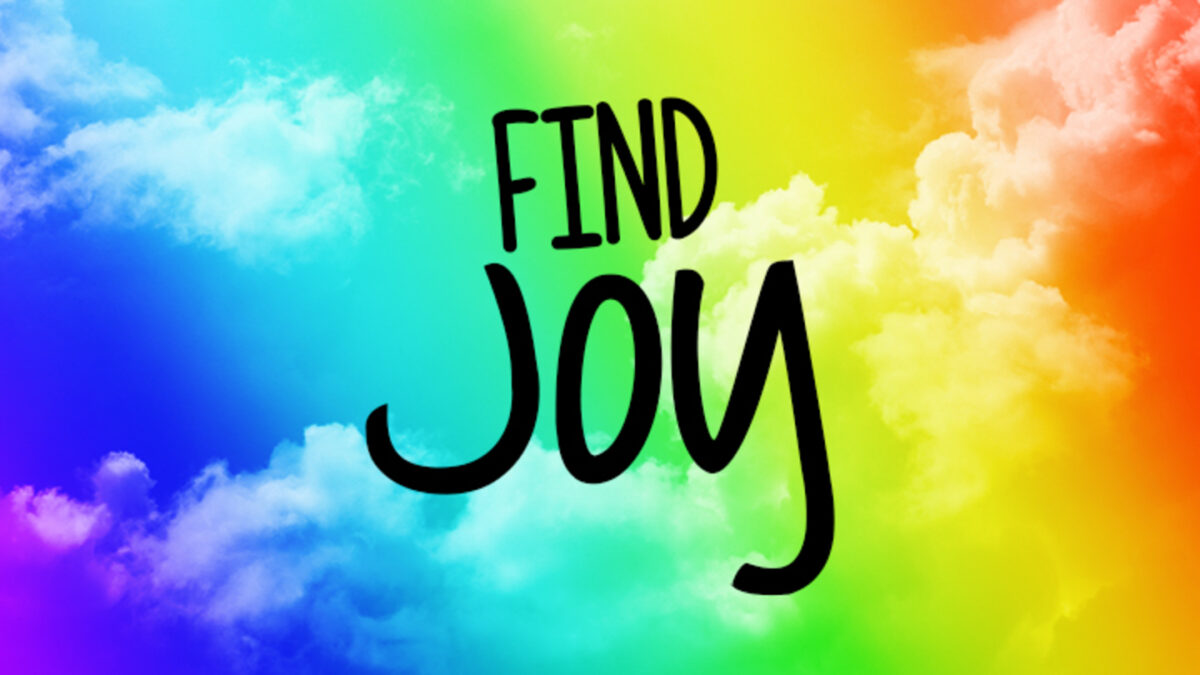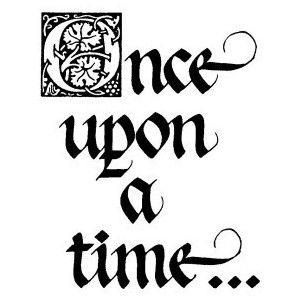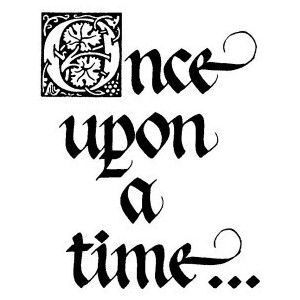
When one is a writer, absolutely nothing in life or in your writing process, occurs in a vacuum. In my case, my medical work with the current Covid pandemic affects my thinking as I plot my next book in the series. The feelings of anxiety, uncertainty, and relative helplessness that are present in general society are magnified in the medical field, at least in my experience. This is what it’s like writing in the age of Covid.
Facing ER Challenges
In the OR, we are used to facing patient care challenges. We arm ourselves with facts, know-how, and training. And then, we are typically prepared for successful, positive outcomes. Covid blew this out of the water. Everything about caring for patients had the potential to put everyone else in peril. Potentially, doctors and nurses could become patients. Making matters worse, no one had experience with the disease.
We All Have to Breathe
The moniker, “novel corona virus,” caused anxiety for OCD control freak perfectionists (ER and OR docs and nurses). A disease that defies conventional treatment, is unknown in scope, and has the potential to kill despite sophisticated medical therapy is despair inducing. The prospect of easy respiratory transmission is terrifying; we all have to breathe.
I’ve seen a variety of pandemics in my medical career from HIV to H1N1 to Swine Flu, to Ebola (at a distance, thank goodness). To me, Covid has been the most personal. It has been sobering since every patient treated in the early days of the pandemic had the potential to carry the disease.
Face the Unknown
Emergency cases are just that — emergencies. You do them regardless of everything else. Yet, the OR is one step removed from the “face the unknown” atmosphere of the ER. I am in awe of the dedication, perseverance, and selfless service. In addition to witnessing the horror of what was happening, I read in many written accounts the struggle to come to grips with the biggest disaster in modern, medical history.
My Writing Path
I am not sure that my writing path for Taryn and company will lead me into the Covid epidemic specifically. However, I do think that my experience dealing with its issues and challenges will find its way into how I write about procedures I face as an anesthesiologist. It will surely give me an emotional framework for realistic writing where the threat of disease and disaster is present or looming.
Conflict, tension, and uncertainty drive plots forward. The myriad of emotions needed to cope with Covid will undoubtedly spark the creativity of many artists. They will convey the threat and fear we now face in this strange new world. This is the reality of life in the time of Covid 19. To be continued….



 I find tremendous joy from writing and the decadent escapism I find during the process. Admittedly, I still have a lot to learn about the craft of writing. The process and journey of learning is equally wonderful. Put simply, I believe one should do what brings you joy.
I find tremendous joy from writing and the decadent escapism I find during the process. Admittedly, I still have a lot to learn about the craft of writing. The process and journey of learning is equally wonderful. Put simply, I believe one should do what brings you joy.












